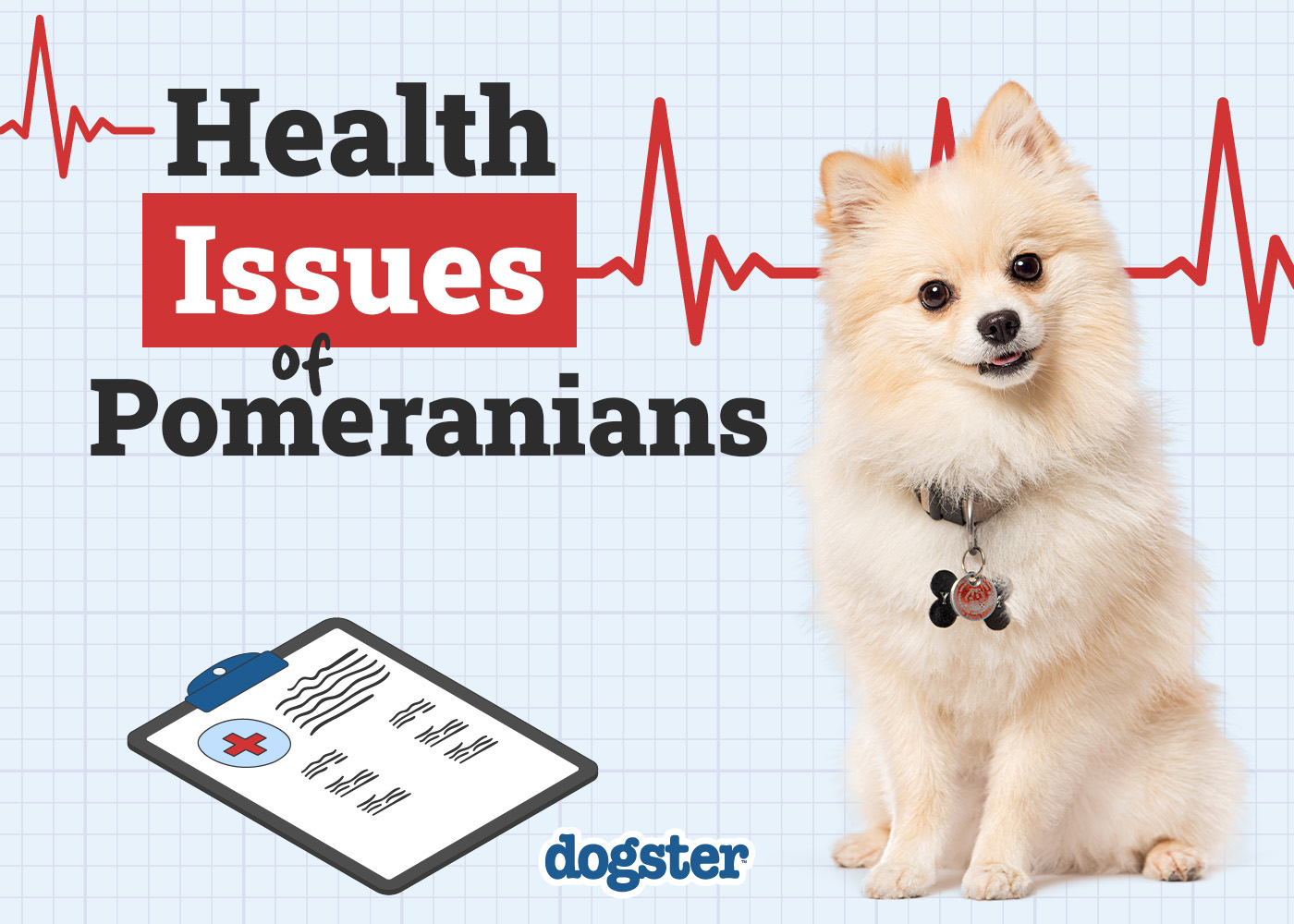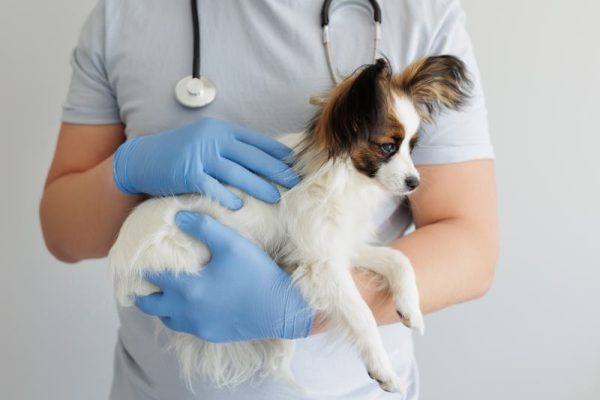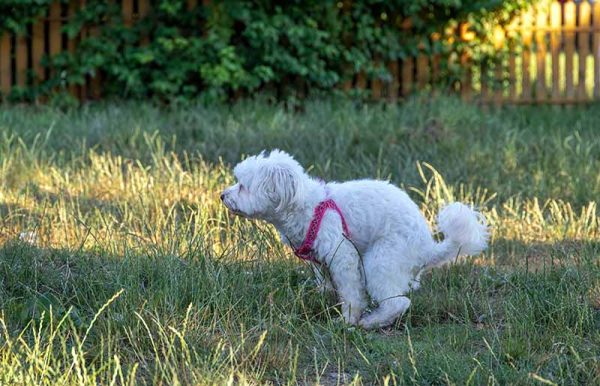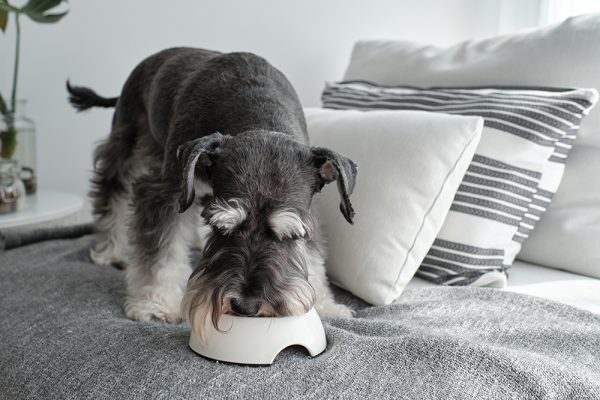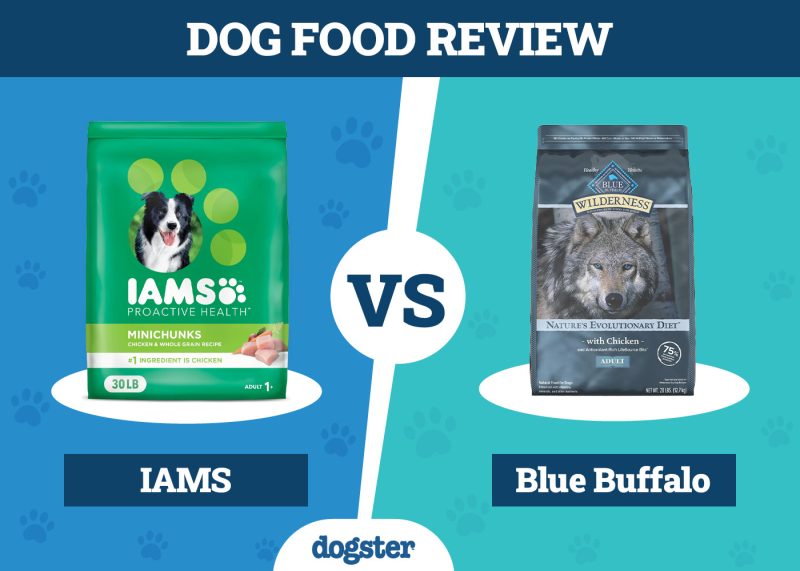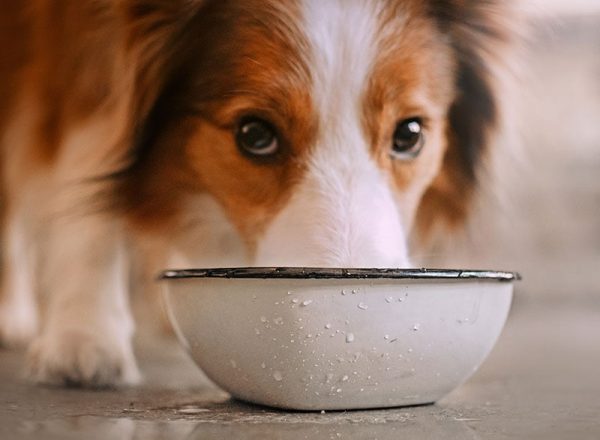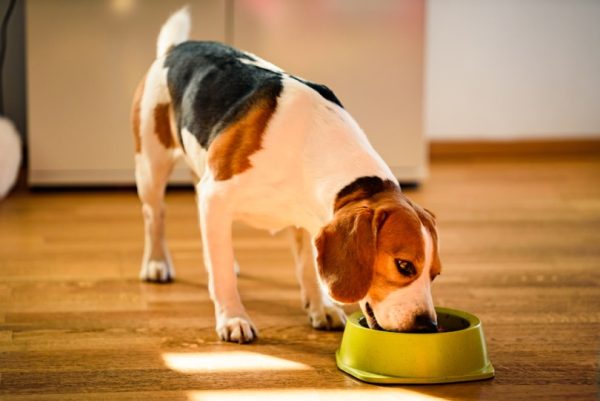Pomeranians are an adorable dog breed. They are tiny, energetic, loving, and great lap dogs. As one of the most popular breeds in the world today, they have bigger-than-life personalities, long fur, and tiny bodies that beg to be cuddled.
However, they also come with quite a few common health problems. Some scientists speculate that their extreme popularity has led to poor breeding practices, which result in the health problems you see in many Pomeranians today. In this article, we’ll examine some of those health problems and more.

The 8 Common Health Problems in Pomeranians
1. Collapsed Trachea
Tracheal collapse is common in Pomeranians due to their petite necks and windpipes. This can be inherited from your Pom’s parents and can be exacerbated by a collar that is too tight.
If the collapsed trachea case is mild and can be managed with oral treatment by your vet. However, if the collapse is severe, surgery may be required. You can prevent a collapsed trachea from happening to your Pom by ensuring the collar you use to walk your pet isn’t too tight or by using a harness instead of a collar.
Obese dogs are more prone to tracheal collapse, so try to feed your Pomeranian a high-quality, strictly scheduled diet. Sadly, nothing can be done if the tracheal collapse is genetic.
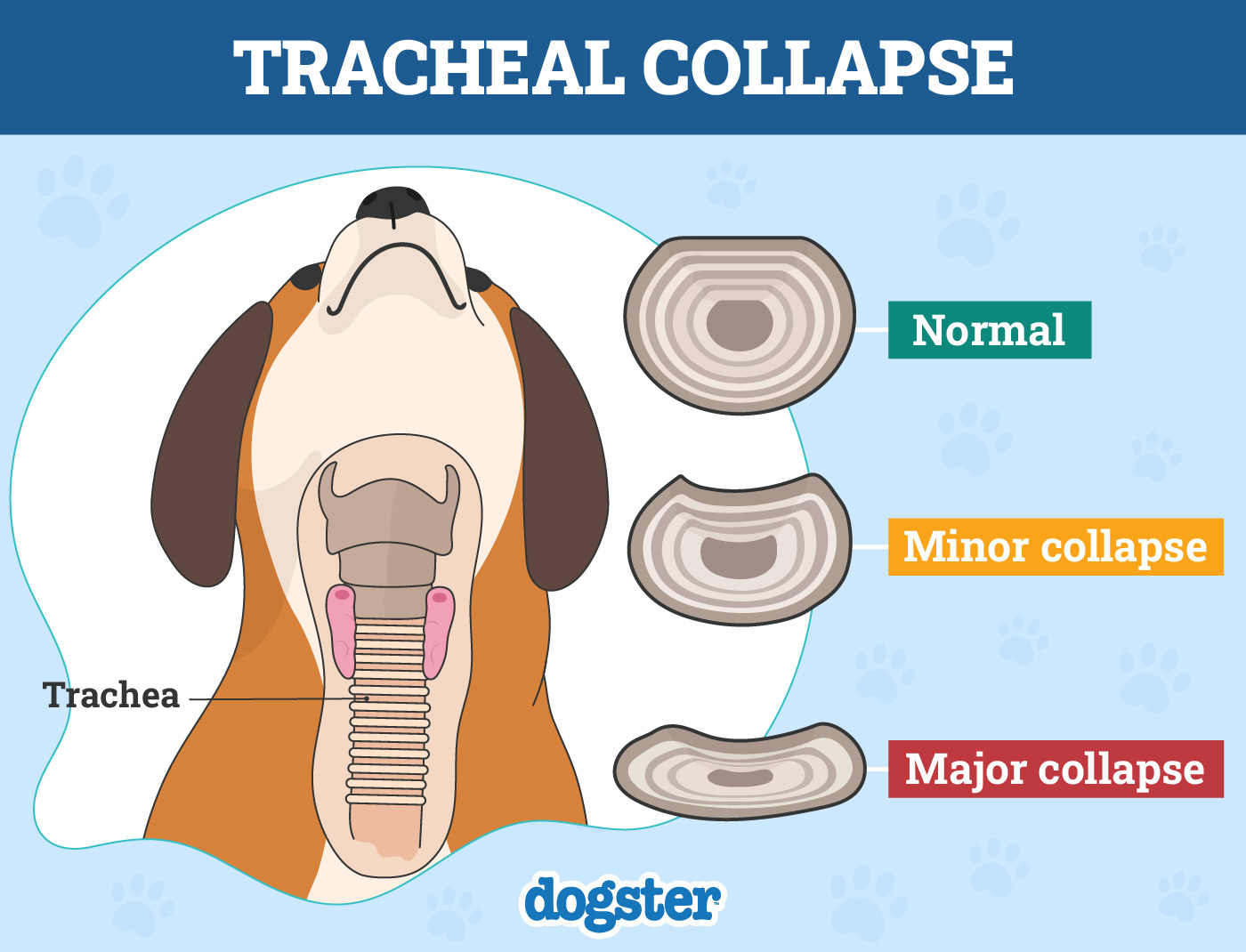
2. Patella Luxation
Another common health issue with Pomeranians is patella luxation. It affects many small breeds and occurs when the dog’s kneecap temporally slips out of place and then pops back in. It’s most often caused by abnormal bone alignment but can be caused due to an injury as well.
Patella luxation is graded on a scale of one to four regarding severity. A three and four on the scale would mean your Pom will need surgery to put the kneecap back in place. Preventing patella luxation in your Pom relies heavily on the proper diet.
It’s best to have your Pom checked at least once a year for this condition, as it can worsen as your pet ages. Your vet may consider a chondroitin and glucosamine supplement for your Pom.
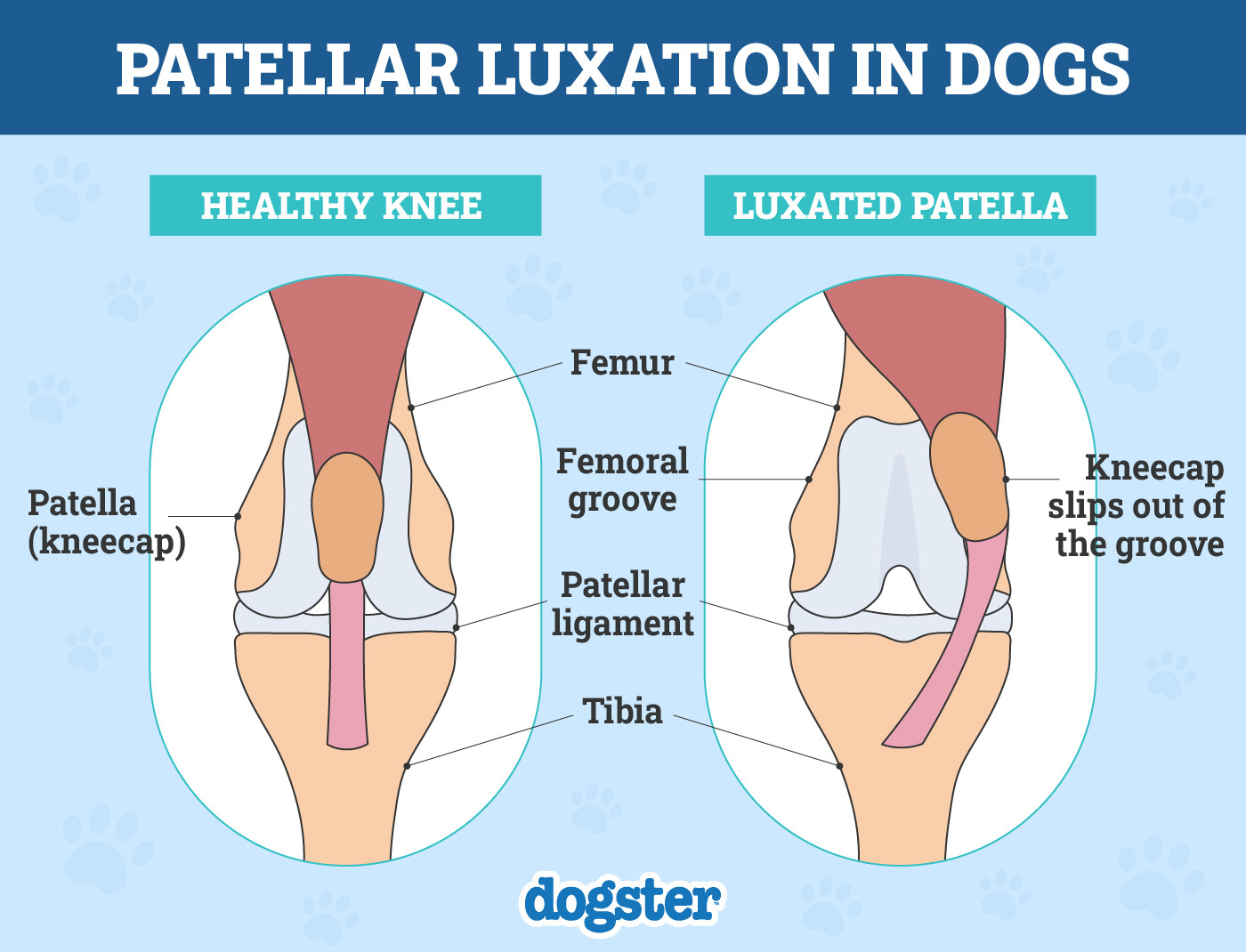
3. Black Skin Disease
Black Skin Disease (Alopecia X) is a common disease that affects Pomeranians. The condition starts with the Pom slowly losing their fur, leaving behind patches of dull, dry-looking skin. As the condition progresses, the dry skin may appear black.
While the cause of the disease isn’t unclear, it’s thought that it could be caused by hormone imbalances. involving adrenal hormones, growth hormones, or sex hormones. The condition is painless, and the treatment will vary according to the dog and what the vet decides the best course of treatment is for your dog’s particular situation.
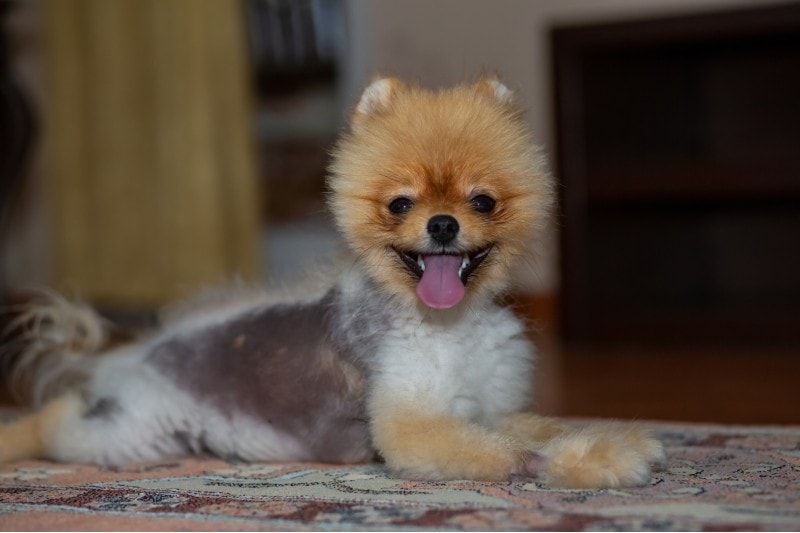
4. Cushing’s Disease
Cushing’s disease is also called Hyperadrenocorticism and is common when canines secrete high levels of cortisol and is usually due to a tumor or either the adrenal or the pituitary glands. While it mainly appears in adult Poms, it can also be present in puppies but doesn’t materialize until they are adults. Some of the most common signs of Cushing’s disease are listed below.
- Bloated stomach
- Excessive thirst
- Extreme panting
- Obesity
- Infertility (mostly in females)
- Loss of hair
- Skin infections
While these can be signs of other conditions, if you see them in your Pom, make an appointment with your vet for treatment.
5. Cataracts
Cataracts affect Pomeranians and other toy-breed dogs most commonly. Cataracts cause your pet’s eyes to become cloudy and eventually prevent light from passing through the eye’s lens. Everything from old age to diabetes and eye conditions can cause cataracts to form. Signs of cataracts may take years to develop, but they can be treated if detected early. Visiting your vet twice a year for examinations is ideal for preventing a severe case.
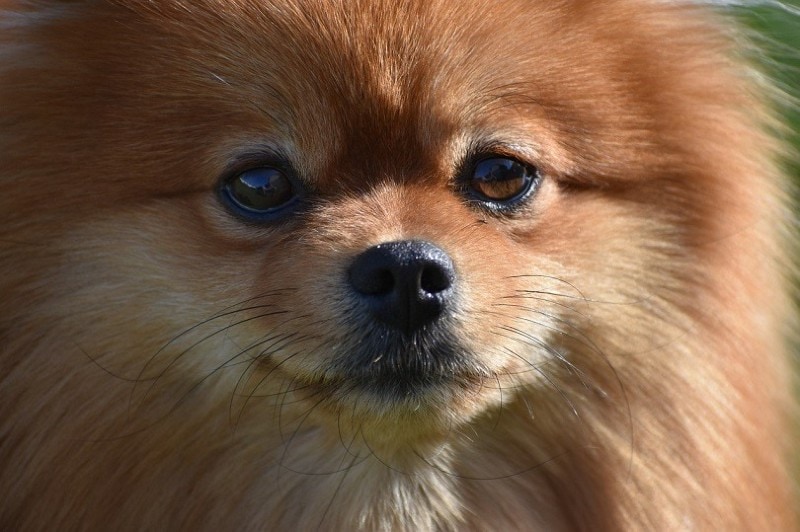
6. Heart Disease
Heart disease is also relatively common in Pomeranians. Puppies may be born with patent ductus arteriosus (PDA), a defect where a fetal circulation blood vessel fails to close after birth, causing abnormal blood flow. They can also develop mitral valve disease, a common condition in small breeds where one of the heart valves degenerates, leading to a heart murmur and eventually heart failure. Routine checkups with your local vet are important to ensure all is well with your pom’s little ticker.
7. Reverse Sneezing
Reverse sneezing, also known as paroxysmal inspiratory respiration is a condition that happens when air is forced into the nose rapidly. When this happens, your Pom will sound like it’s snorting. Allergies, nasal irritation, or irritants in the air, such as perfume, smoke, or pollen, can cause reverse sneezing. Reverse sneezing usually fixes itself after a few moments, but if it doesn’t or keeps happening, take your Pom to the vet for further testing and allergy medicine.
Remember to have regular vet visits when owning a Pomeranian to keep their health and well-being. If you’re concerned about your dog’s health we suggest you speak to a vet.
If you need to speak with a vet but can't get to one, head over to PangoVet. It's our online service where you can talk to a vet online and get the advice you need for your dog — all at an affordable price!
8. Dental Problems
Toy dog breeds, such as Pomeranians, are particularly susceptible to dental problems due to their small mouths and crowded teeth, which can make cleaning difficult and increase the risk of periodontal disease. This condition arises from plaque and tartar buildup, leading to gum inflammation (gingivitis) and potential damage to teeth and supporting structures. If left untreated, it can result in tooth loss, pain, and even systemic infections affecting major organs like the heart, liver, and kidneys as bacteria enter the bloodstream. Regular dental care, including brushing, professional cleanings, and dental chews, is crucial for preventing these complications and maintaining your dog’s overall health.

Preventing Health Issues with Your Pomeranian
While the previous health conditions are common in Pomeranians, there is no guarantee that your Pom will contract them. Keeping up with your bi-annual veterinary appointments, providing a high-quality diet, exercising your pet daily, and regularly brushing its teeth can keep it healthy and happy. If you see any concerning signs or behaviors, contact your vet for advice.

Summary
Pomeranians are tiny bundles of fur that are friendly and loving. They make excellent pets for families and singles and provide companionship for several years. To ensure your Pom lives a long, healthy life, try to visit your veterinarian at least twice a year. Although our list of health problems may seem concerning, you can prevent severe illnesses in your Pom by following your vet’s advice and providing a loving environment.
- See also: 10 Best Harnesses for Pomeranians
Featured Image Credit: 金子诗, Pixabay

